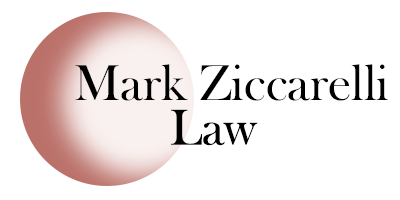What Is The Probate Process in Ohio
Experiencing the death of a loved one can fill your life with grief and a sense of loss. However, even during such testing times, one has the legal responsibility to honor the wishes laid out in the deceased’s will.
Probate is the legal process through which the estate of the deceased is administered in accordance with the deceased’s will. Creditor dues, taxes, and other expenses are paid from the estate and then the remaining part is distributed among those who are named under the will.
Probate Process in Ohio
In Ohio, the following steps are generally involved in administering the probate of a deceased:
Filing the Petition
The probate process officially begins when the named executor files a petition in the court and a hearing is scheduled. The named executor files the will and the death certificate in the probate court of the county where the deceased resided at the time of the death.
During the hearing, the judge either accepts the named executor or a court-appointed administrator will be named to execute the will. The court will then issue a letter of authority to establish the executor’s power to make legal and financial decisions regarding the deceased’s estate.
Notice to Interested Parties
After an executor is confirmed, he or she notifies in writing to all the interested parties about the probate process. The
Identifying the Assets and Debts
Once the interested parties including the creditors, beneficiaries, and legal heirs are notified, the executor then begins to identify the assets and existing debts of the deceased.
Assets generally include the deceased’s home, cars and vehicles, other real estate, bank accounts, stocks and investments, retirement accounts, and personal property including valuables, jewelry, and artifacts.
Debts generally include mortgage payments, credit card debt, unpaid taxes, unpaid rent, utility bills, loan payments, and existing child support or alimony.
Assets such as bank accounts, investments, and real estate may be easy to quantify in monetary terms. However, personal items including jewelry, and collectibles are valued with the help of an appraiser.
Paying Debts, Bills, and Expenses
Generally, debts, bills, and expenses are paid in the following order:
- Expenses for the funeral, administrator’s fee, and attorney’s fee
- Creditors
- Beneficiaries
Distributing the Assets
Once all expenses and debts are paid off, the assets are then liquidated to enable distribution among those named in the will or eligible under law to receive the deceased’s estate, where there is no will.
This entire process of distribution is done under the court’s supervision and may take about three to eight months to complete. More complicated cases involving contentious estates may take even years to settle.
The probate process in Ohio can be quite complex and time-consuming. A person mourning the death of a loved one may feel overwhelmed while navigating through the entire procedure. At Mark Ziccarelli Law, we help our clients with understanding and finalizing the entire probate process. Contact our law firm today to know more about how an experienced probate attorney can help you.

